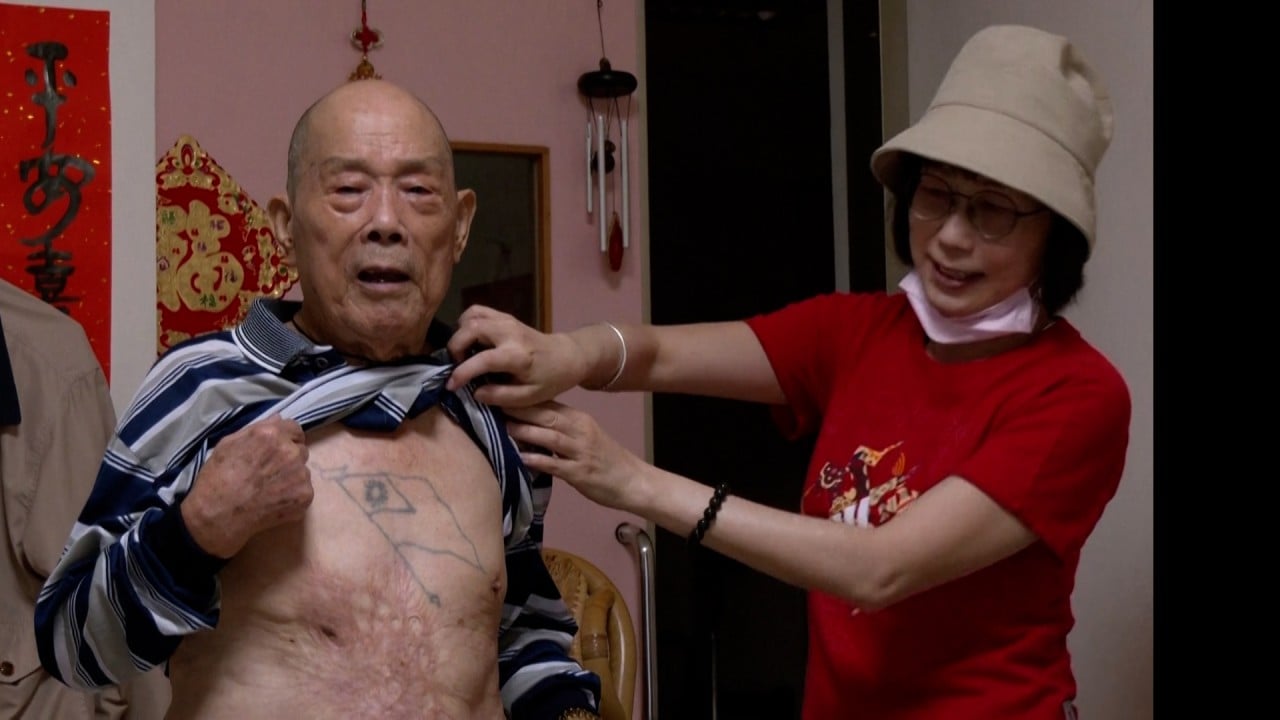
Mainland China sends ‘early warning’ ahead of Taiwan’s presidential election by suspending tariff cuts
- Twelve products from Taiwan under the Economic Cooperation Framework Agreement (ECFA) will be affected from January 1
- But analysts say the price of commodities is around 0.5 to 2 per cent of the total exports from Taiwan to mainland China
Beijing has sent an early warning against possible economic fallout should Taiwan’s election result next month lead to a further deterioration of ties, analysts said, as mainland China suspended tariff reductions on several Taiwanese products under a landmark trade-deal on Thursday.
Imports of 12 products from Taiwan, including propylene and paraxylene, covered by the cross-strait Economic Cooperation Framework Agreement (ECFA) would be affected from January 1, according to the Customs Tariff Commission of the State Council.
The ECFA, signed in 2010, includes an 806-item list of goods approved for tariff reductions.
But the value of the affected products are limited, analysts said, with mainland China’s imports of the 12 products representing only 1.1 per cent of its total import from Taiwan in the first 11 months of the year, according to Beijing’s customs figures.
‘Obvious meddling’: Taiwan rebukes Beijing’s claim of island import ‘barriers’
The commission on Thursday accused Taiwan of “unilaterally adopting discriminatory measures against mainland exports,” saying the island’s prohibitions, restrictions and other measures violated provisions under the ECFA.
It also urged Taiwan to take effective measures to lift trade restrictions on mainland Chinese products.
Mainland China sees self-ruled Taiwan as a breakaway territory that must be united with the mainland, by force, if needed.
Cross-strait trade has been “extremely unbalanced” over the last couple of decades, the ministry said, noting that its trade deficit with the island soared by 397 per cent to US$156.5 billion in 2022 from US$31.5 billion in 2002.
The value of cross-strait trade fell by 16.3 per cent from a year earlier to US$244.5 billion in the first 11 months of this year, according to Beijing’s customs figures.
It serves as an early warning, but also a buffer while Taiwan’s response will vary greatly depending on which camp is elected
Mainland China bought US$182 billion from Taiwan during the same period, down by 16.9 per cent year-on-year, while its export plunged by 17.1 per cent to US$62.5 billion.
“Cross-strait affairs and interactions are political in nature. Both sides won’t quibble too much over non-political losses or gains when ties are good, but trade, tourism and student exchanges will become sources of disputes when ties are frayed or the political outlook dims,” said Chang Teng-chi, chairperson of the National Taiwan University’s Department of Political Science.
“The extent of the impact on Taiwan’s relevant chemical industries remains to be seen. But the political impact of the tariff reduction suspension should be smaller than dropping any bombshell right before next year’s election on January 13.
“It serves as an early warning, but also a buffer while Taiwan’s response will vary greatly depending on which camp is elected.”
Mainland China aims to cultivate farming ties with Taiwan amid tense relations
Zhu Fenglian, spokeswoman for mainland China’s Taiwan Affairs Office under the State Council, on Thursday blamed the ruling Democratic Progressive Party (DPP) for rejecting the 1992 consensus and ruining the political foundation of cross-strait talks.
The 1992 consensus refers to a broad understanding reached in 1992 between negotiators from the Chinese Communist Party and Kuomintang (KMT), which states there is only one China – in defining cross-strait relations.
KMT, the island’s ruling party in 1992, supports the consensus, though insists that each side can have their own interpretation of the one-China principle.
But the decades-old political consensus was rejected by independence-leaning DPP leader Tsai Ing-wen after she won the 2016 presidential race, leading to a deterioration of ties.
It’s more the signal in effect. Maybe again it might give a little bit of a lift to KMT
“In June 2010, the two sides signed the ECFA on the basis of the 1992 consensus,” added Zhu.
“Such [trade] issues could have been properly resolved through cross-strait consultations under the 1992 consensus,” Zhu stressed, adding that Beijing still hopes both sides could negotiate and resolve issues on the basis of the political consensus.
Alicia Garcia-Herrero, chief economist for Asia-Pacific at the Paris-based investment bank Natixis, said anybody that depends on exporting to mainland China would realise that the suspensions were a signal that if the KMT wins the presidential election next month, there would be fewer tariffs and more economic benefits.
“The price of commodities [impacted] is at around 0.5 to 2 per cent of total exports from Taiwan to the mainland. So it’s not big. It’s more the signal in effect. Maybe again it might give a little bit of a lift to KMT,” Garcia-Herrero said.
Taiwan’s Mainland Affairs Council said in a statement later on Thursday that the moves by mainland China were “economic coercion”, and that both sides should talk under the auspices of the World Trade Organization.
Additional reporting by Ji Siqi and Kandy Wong


